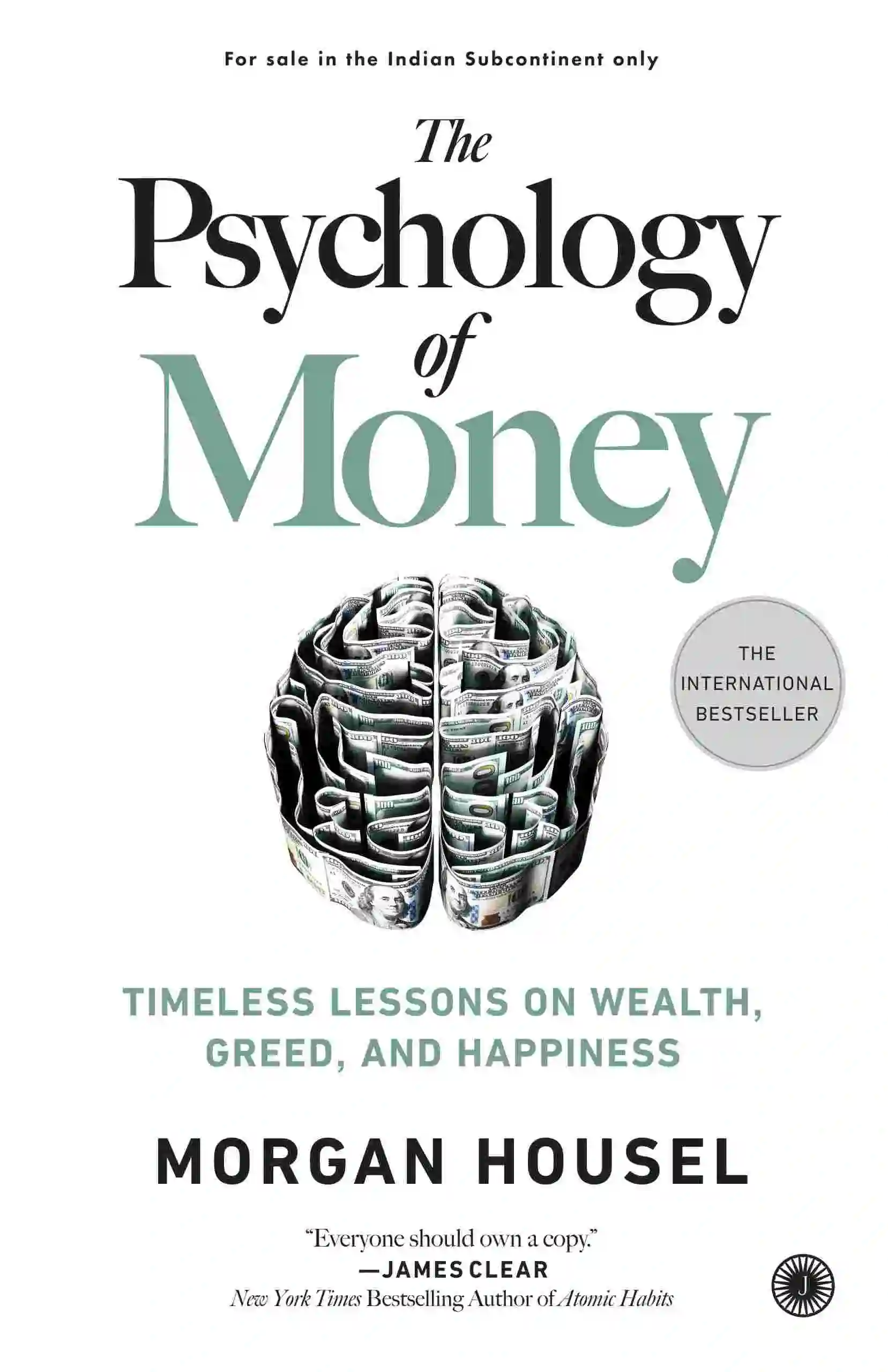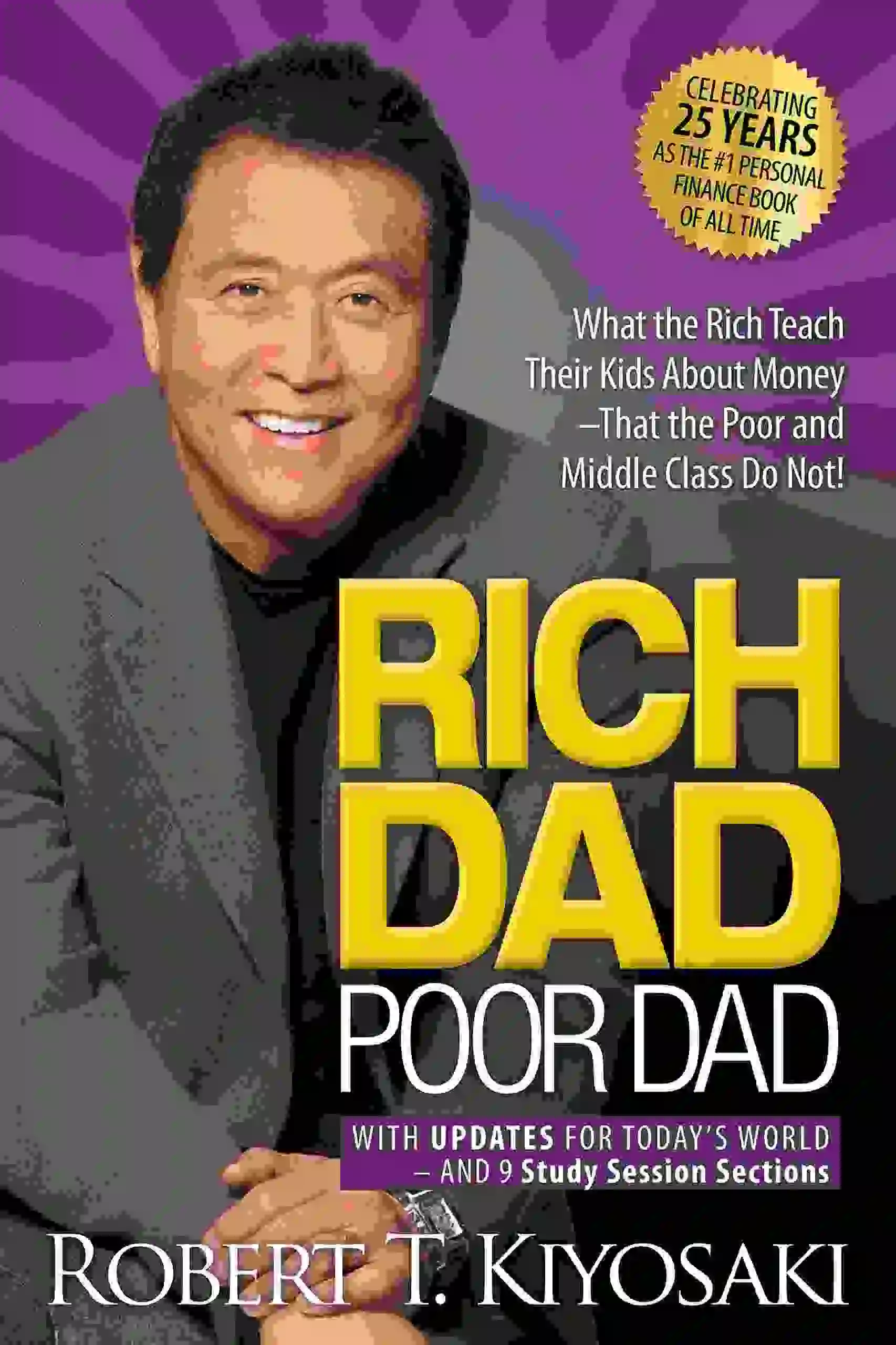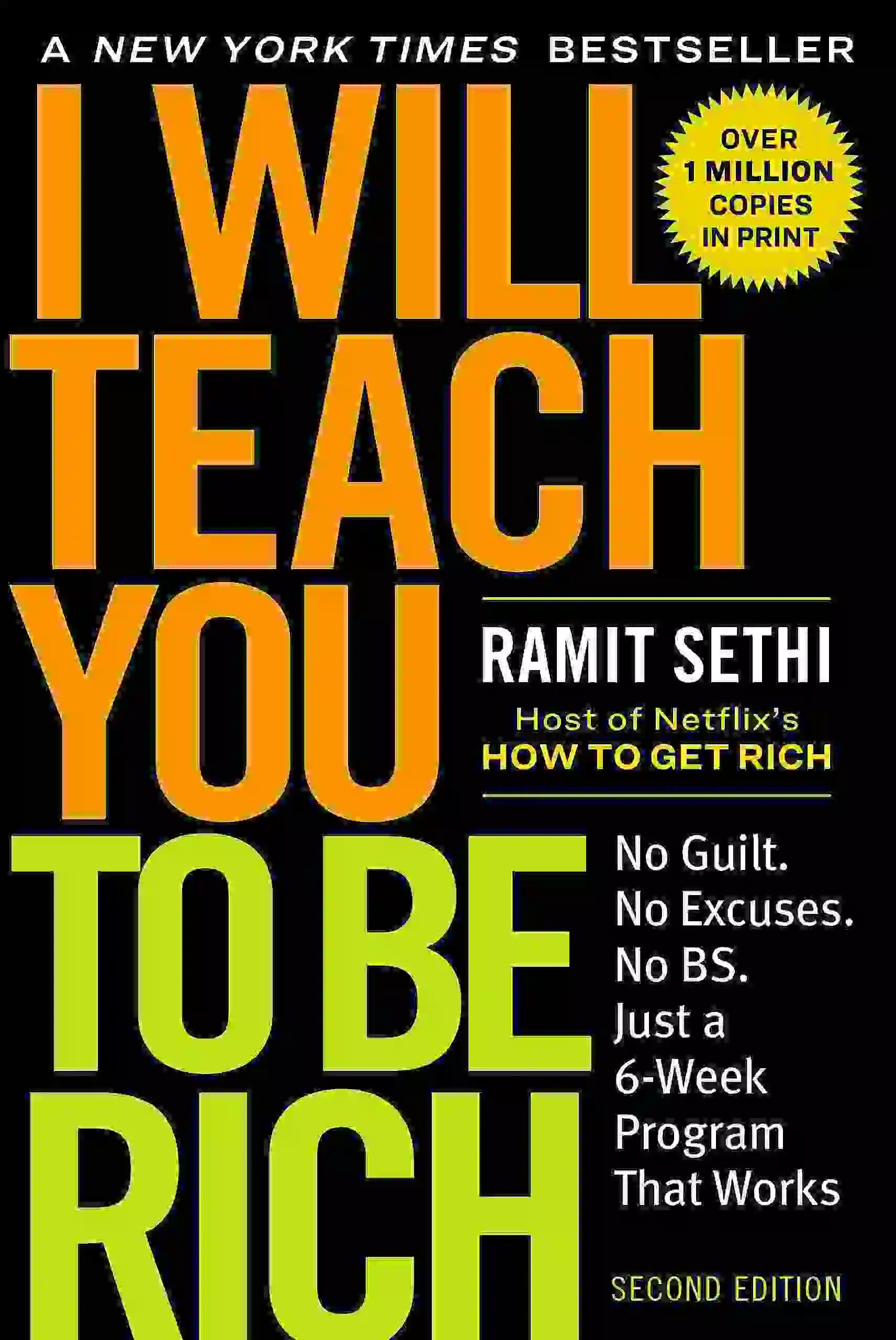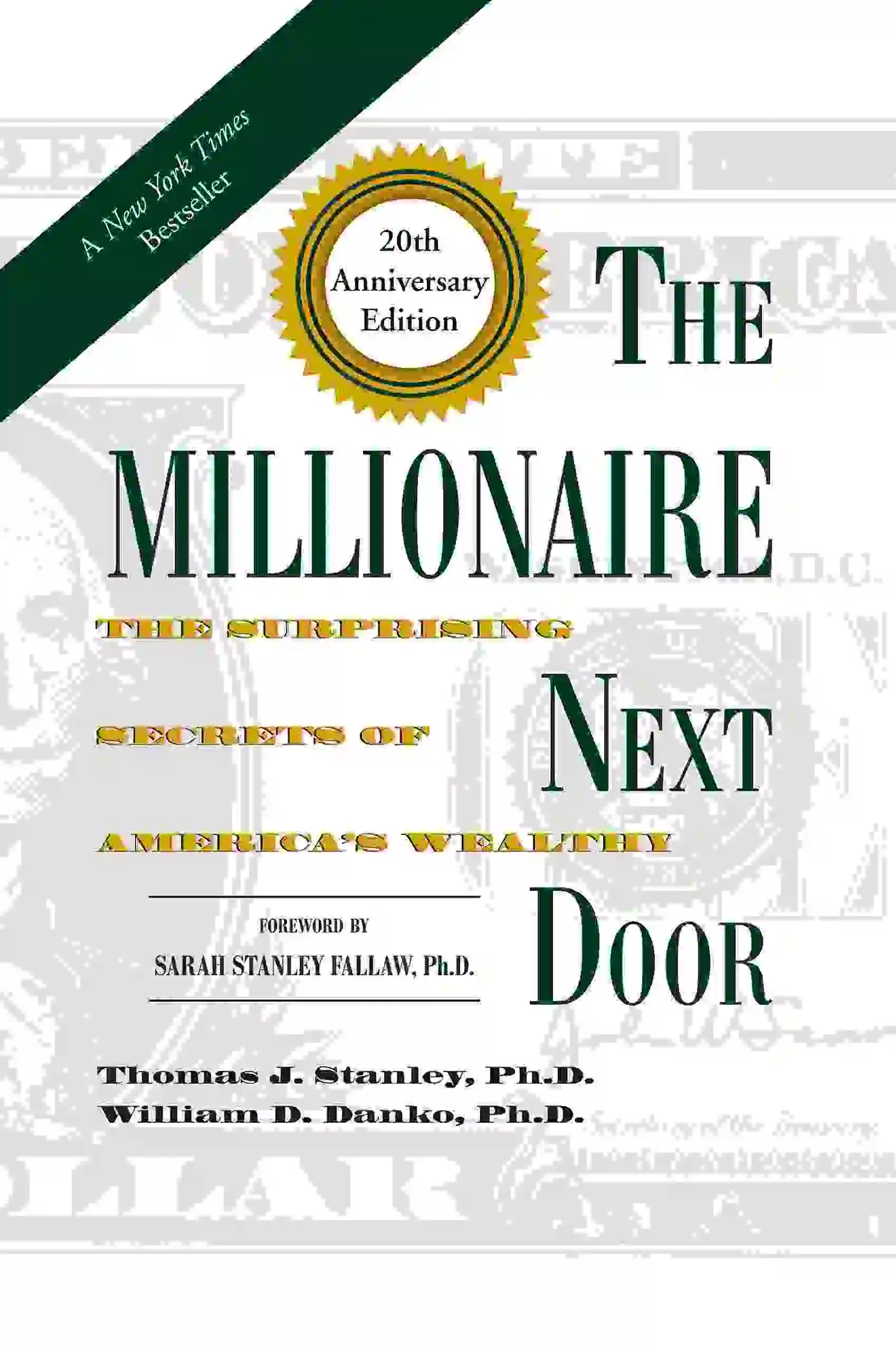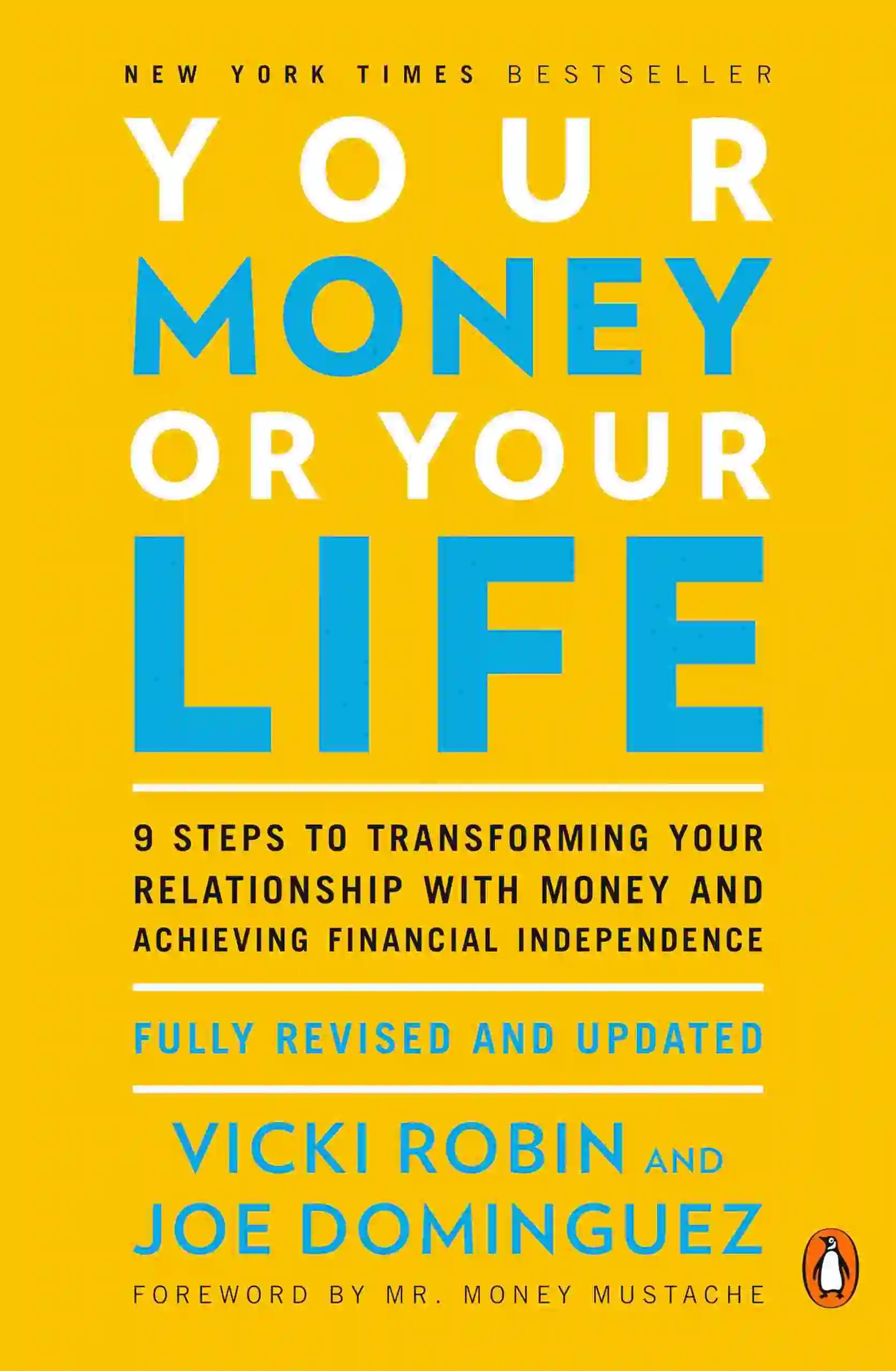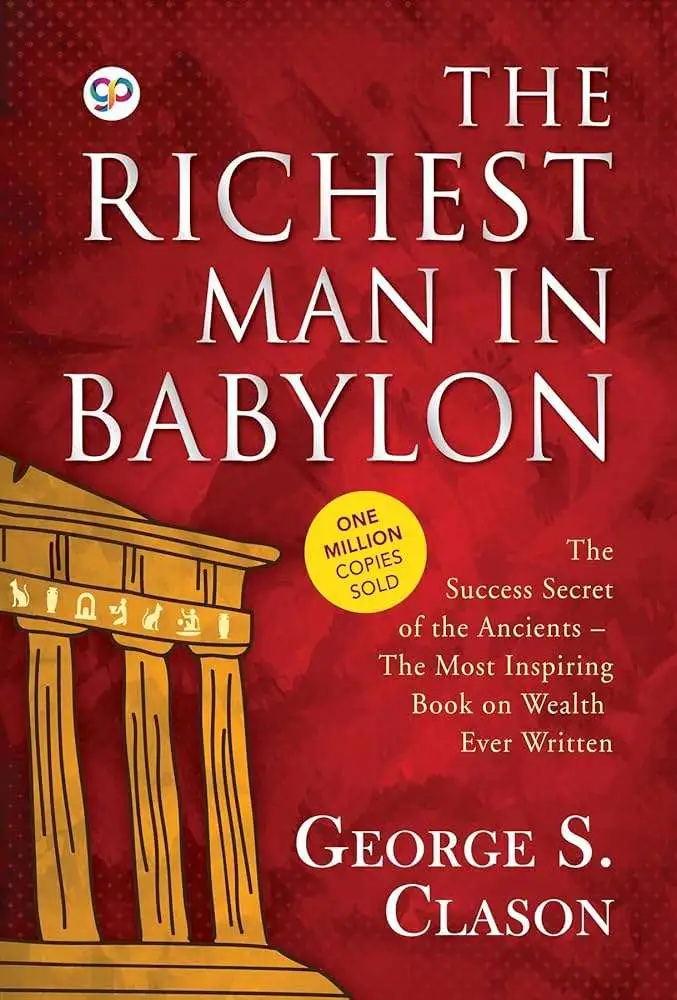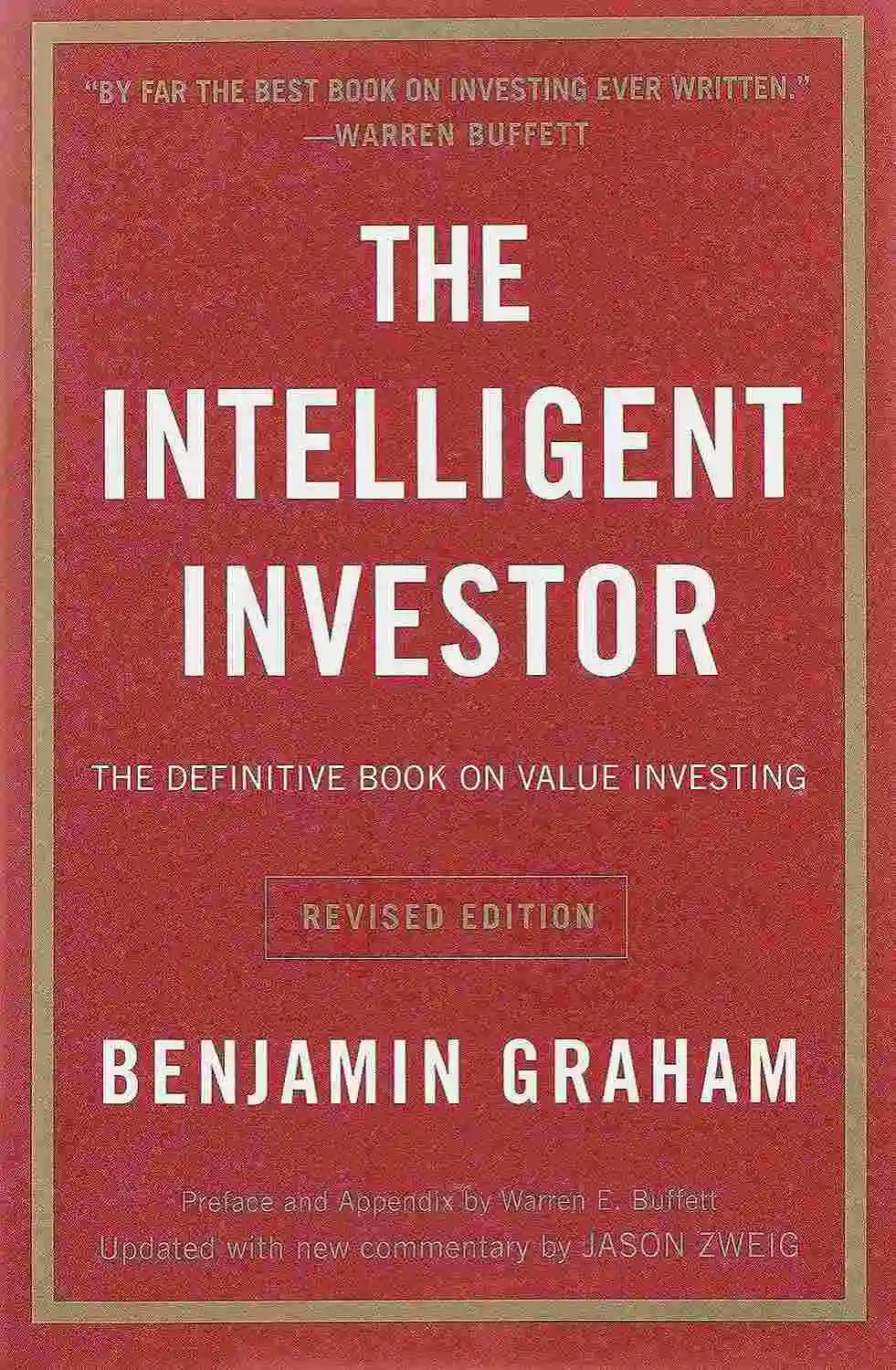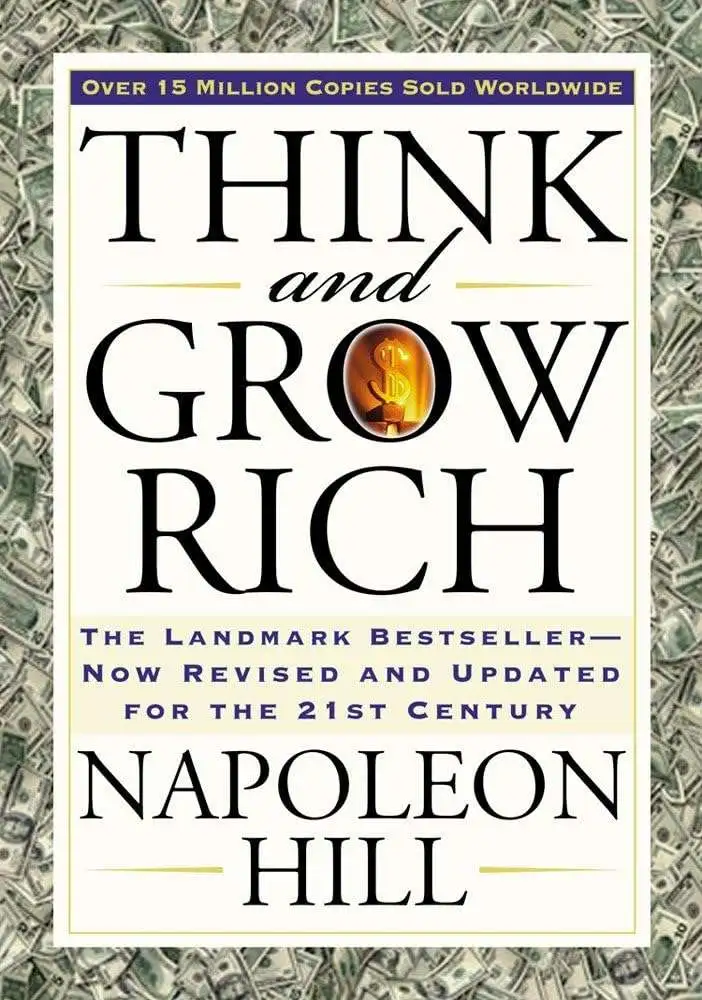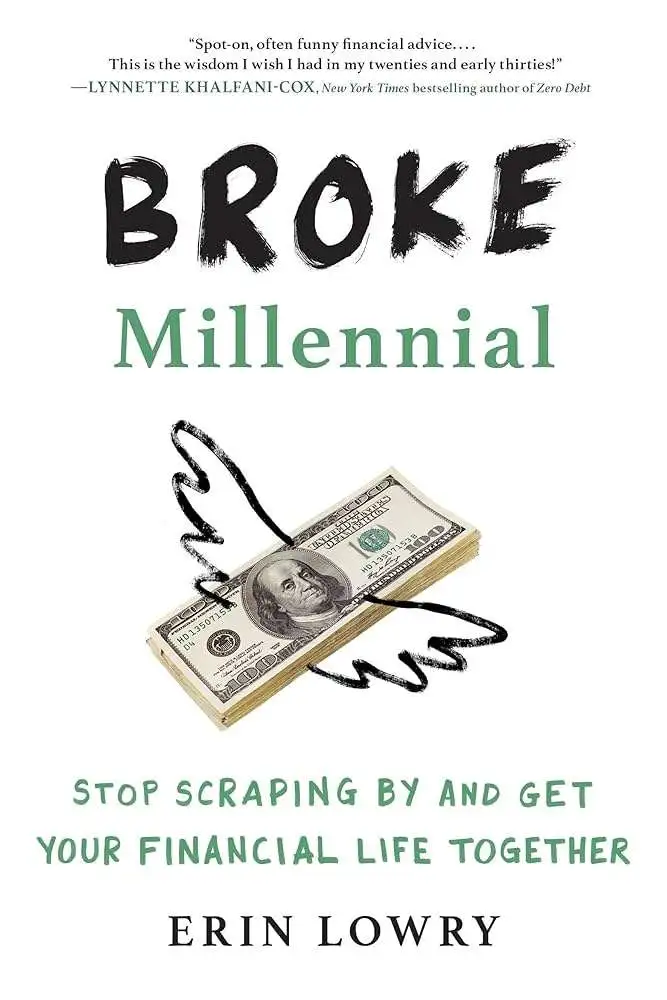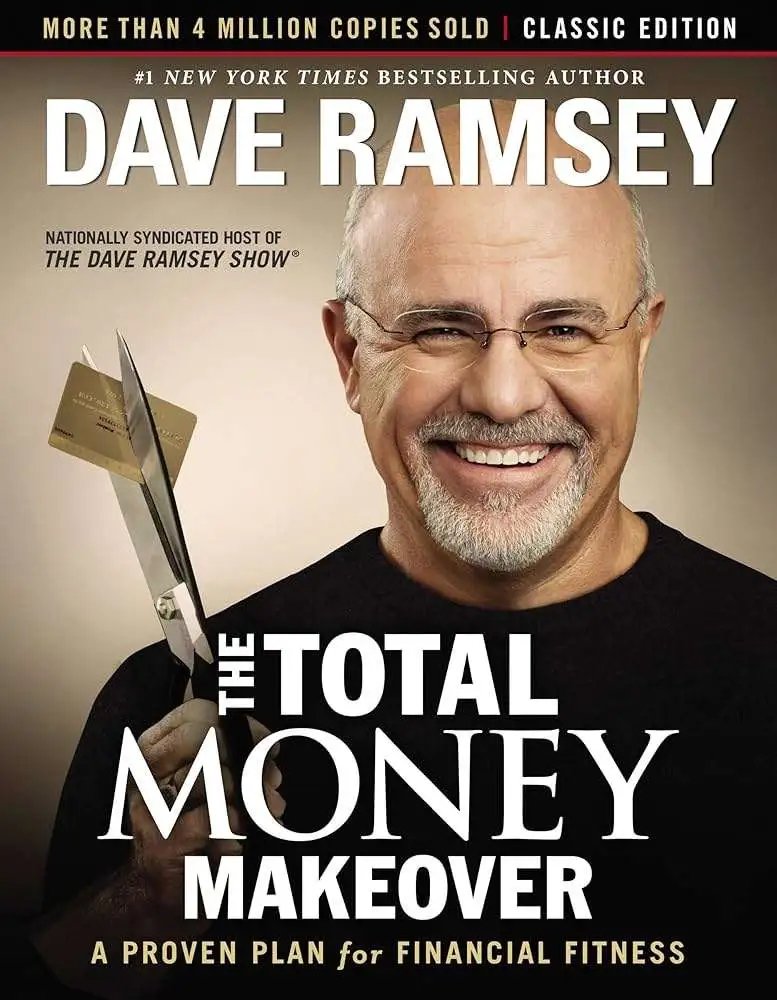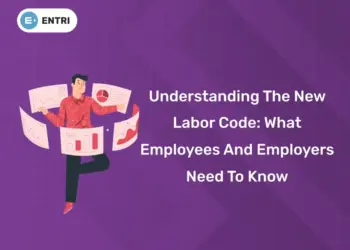Table of Contents
Key Takeaways:
- The essence of personal finance is not in math but in behavior and psychology – it is about the narrative of money.
- The greatest finance books are comprised of sound advice and stories you don’t forget to assist you in managing, investing, and growing your money, no jargon and no fluff.
- While Indians can instill confidence in the above via the reading journey, they should also undertake the process via expert-led courses like the Entri Stock Market Course for actionable skills.
- “Rich Dad Poor Dad,” “The Psychology of Money,” “I Will Teach You to Be Rich,” and “The Simple Path to Wealth” are some classics that teach relevant lessons to spenders, savers, investors, and workers.
- Actual progress is made by being curious, reading, experimenting, and finding communities for sustained support.
Introduction: Books That Change Your Relationship With Money
Let’s be honest, even the brightest hard chargers can be clueless about money. Budgets fall through the cracks, investments feel perilous, and retirement an intangible fantasy. Raised in India, most of us were cautioned, save ardently and leave complex money decisions to gurus. But in 2025, that’s all different. YouTube creators, weekend seminars, everybody wants better control over money.
For most of us, the real breakthroughs come not from fashionable tips but from books, candid, hands-on manuals penned by individuals who faltered, prevailed, and recorded what’s effective. Below is a list of personal finance books, some new, some old, some classics, that collectively are guaranteed to bring clarity, confidence and peace to your money journey. Along with, we’ll demonstrate how the Entri Stock Market Course constructs the ideal bridge between book knowledge and true investing chops for Indians now.
1. The Psychology of Money by Morgan Housel
1: What is a stock?
Morgan Housel’s book is a revelation for anyone who believes finance is about calculators and annual reports. Through 19 unforgettable stories, Housel explores how emotion, fear, and greed shape our decisions, even for millionaires.
Why read it?
It’s a book about the real factors behind financial success, patience, resilience, and attitude. Robust data meets memorable storytelling. Housel detaches money from math and exposes the mindset that can make or break fortunes.
Best for:
Anyone who feels anxious about investing, or who wants to understand why people (including themselves) make irrational money decisions.
2. Rich Dad Poor Dad by Robert Kiyosaki
A perennial favorite, this book exploded onto the Indian scene years ago and continues to inspire. Kiyosaki’s tale of learning from two father figures, one rich, one struggling, shows that traditional education isn’t enough. What matters is smart risk-taking, assets over liabilities, and learning from real-world mentors.
Why read it?
It’s a simple book that smashes common myths. Kiyosaki doesn’t preach frugal living; he teaches how building assets and making money work for you changes lives.
Best for:
Young professionals, parents, and entrepreneurs eager to kickstart their financial journey.
3. I Will Teach You To Be Rich by Ramit Sethi
Ramit Sethi, raised in California but deeply relevant to urban Indians, delivers a practical guide that skips shame and guilt. Broken into six weeks of steps, he covers everything from opening the right accounts to credit cards, automating savings, investing, and spending on what you love.
Why read it?
Sethi’s writing is playful, direct, and easy to apply. He cuts through confusion, empowering readers to take action, even if they’ve never tracked expenses before.
Best for:
Millennials and fresh graduates who want results fast, but also need a down-to-earth voice.
4. The Millionaire Next Door by Thomas J. Stanley & William Danko
Forget the glamorous portrayals of wealth. This research-driven classic explains that most millionaires are disciplined, live humbly, and focus on building wealth slowly and ethically.
Why read it?
It debunks the myth that big spenders are rich. Instead, the authors spotlight the habits, like budgeting and careful investing, that work across generations.
Best for:
Families, middle-aged professionals, and anyone looking for a sustainable approach to growing money.
Stock Market Training Reviewed & Monitored by SEBI Registered RA
Trusted, concepts to help you grow with confidence. Enroll now and learn to start investing the right way.
Know more5. Your Money or Your Life by Vicki Robin & Joe Dominguez
Vicki Robin’s book isn’t just about finance, it is about life itself. She shows how aligning money decisions with values brings not just wealth, but happiness.
Why read it?
Robin’s holistic exercises guide readers to transform their relationship with money. It’s about financial independence, not just maximum returns.
Best for:
Readers burned out by grind culture or craving deeper meaning behind money goals.
Start investing like a pro. Enroll in our Stock Market course!
6. The Richest Man in Babylon by George S. Clason
This ancient parable collection offers bite-sized stories about saving, debt, and prudent investing. Set in a mythical Babylon, Clason’s advice has stood firm for nearly a century.
Why read it?
Simple storytelling, universal lessons, and practical rules to start wealth-building from any background.
Best for:
Young adults, school students, and anyone starting from zero.
7. The Intelligent Investor by Benjamin Graham
Called the bible of value investing, Graham’s classic remains essential for stock market enthusiasts. Ideas like “margin of safety” and mental discipline are as relevant for NSE traders as for Wall Street investors.
Why read it?
Graham teaches you to avoid costly mistakes, invest for the long run, and keep calm in volatile markets.
Best for:
Serious investors, those ready to analyze stocks, and Stock Market Course students keen to add book knowledge to field experience.
| Related Articles | |
|---|---|
| What is 50-30-20 Rule of Budgeting? | Best Expense Tracker Apps in India (2026) |
| How to Develop Saving Habit in Children? | How to budget as a young professional? |
8. Think and Grow Rich by Napoleon Hill
Napoleon Hill’s 1937 classic isn’t about stock tips or accounting shortcuts—it’s about harnessing your thoughts and building unstoppable determination. Hill drew lessons from years of studying the habits of successful people and distilled these into his legendary “13 Steps to Riches,” including desire, faith, persistence, and masterminding with others.
Why read it?
This book teaches you to believe in your own success, set clear goals, and stick to them with rigor, regardless of your starting point. It’s rich in empowering, practical philosophy, becoming a favorite of entrepreneurs and dreamers worldwide.
Best for:
Those looking for mindset transformation, especially self-starters and ambitious professionals.
9. Broke Millennial by Erin Lowry
Erin Lowry’s “Broke Millennial” addresses the money struggles every young adult faces: student loans, awkward friend conversations, confusion over credit, and building a healthy relationship with money. With witty anecdotes and blunt honesty, Lowry covers saving, spending, negotiating salaries, and building long-term financial security.
Why read it?
It’s relatable and modern, perfect for anyone starting to earn, save, and invest in today’s world. Erin’s practical tips, from setting up an emergency fund to handling career growth and debt, make personal finance less intimidating.
Best for:
First-jobbers, millennials, and anyone wanting language and advice tailored to modern lifestyles.
10. The Total Money Makeover by Dave Ramsey
Dave Ramsey’s book is refreshingly direct. Ramsey believes that getting rich isn’t about flashy tricks, it’s about transforming your core habits. He presents a simple seven-step plan: build an emergency fund, eliminate debt using the “snowball” method, save for retirement and children’s education, pay off your home, and build wealth generously.
Why read it?
It’s a straightforward, disciplined program for people ready to leave debt behind and take control of money. Ramsey’s advice is methodical and proven, with a focus on reliability and freedom.
Best for:
Anyone struggling with debt or seeking a step-by-step system to build financial security.
How to Turn Book Learning into Real-Life Wealth
Reading is only step one. Real change happens when you apply lessons, review progress, and connect with others. After reading, try:
-
Starting a budget and tracking expenses (as per Sethi or Robin).
-
Opening a demat account or SIP after learning the basics via Collins or Bogle.
-
Avoiding lifestyle inflation, live below means, as Stanley & Danko suggest.
-
Practice mindful spending and investing, borrowing strategies from Housel’s stories.
-
If ready for stocks, enroll in an expert-led course such as Entri Stock Market, which is suited for Indian contexts and backed by SEBI-registered advisors.
Why Entri Stock Market Course Complements Your Book Journey
Most books teach concepts; Entri’s Stock Market Course teaches real skills. Here’s how it bridges the gap:
-
Practical Trading: From demo trades to live support, Entri builds actual confidence.
-
Community Learning: Access to 10,000+ learners means book advice turns into discussion, feedback, and collaboration.
-
Indian Context: Tailored teaching on Indian exchanges, tax rules, and investment strategies links Monika Halan’s book wisdom and Bogle’s index fund strategy to your real investments.
-
Expert Guidance: Led by SEBI-registered traders, no guesswork or risky advice.
-
Flexible Learning: Video lectures, real-time support, and case studies fit every schedule.
So, once a book inspires you, Entri helps you act, analyze, and build financial security.
Bonus: How to Make Reading a Habit
-
Pick One Book First: Don’t juggle too many titles, finish one, apply lessons, then start another.
-
Read with Accountability: Discuss chapters with friends, online forums, or Entri’s community.
-
Write Down Insights: Keep a notebook or digital file of tips and habits to try.
- Act Every Week: Whether it’s automating a savings transfer or setting a stock alert, practice advice quickly.
Learn Stock Marketing with a Share Trading Expert! Enroll Now!
Conclusion: Your Money Story Starts Now
Whether you’re a college student, working professional, homemaker, or retiree, personal finance books can transform your relationship with money. They give you practical strategies and the confidence to act, whether budgeting, investing, or planning for the long term. Most importantly, when you combine book wisdom with action, guided communities, and Indian-focused courses like Entri, you’ll see real change.
Real wealth isn’t about luck; it’s about courage, learning, and joining hands with others who want to grow. So choose a book, read a chapter tonight, and enroll for expert guidance. Your financial future is waiting to be written.
| Gain Financial Literacy in your Mother Tongue | |
| Stock Market Course in Malayalam | Mutual Funds Course in Malayalam |
| Stock Market Course in Tamil | Mutual Funds Course in Tamil |
| Stock Market Course | Mutual Funds Course |
Stock Market Training Reviewed & Monitored by SEBI Registered RA
Trusted, concepts to help you grow with confidence. Enroll now and learn to start investing the right way.
Know moreFrequently Asked Questions
What is the best personal finance book for beginners?
Rich Dad Poor Dad by Robert Kiyosaki is often considered the best starting point because it simplifies money concepts and shifts your mindset about wealth.
Which personal finance book is best for investing?
The Intelligent Investor by Benjamin Graham is ideal for beginners who want to understand value investing and long-term wealth-building strategies.
Are personal finance books still relevant in 2026?
Yes, personal finance books remain highly relevant because they provide timeless money lessons on saving, investing, and financial discipline.
Can reading finance books make me rich?
Books alone won’t make you rich, but applying their lessons consistently, like saving, investing, and budgeting, can significantly grow your wealth.
What is the easiest personal finance book to understand?
I Will Teach You to Be Rich by Ramit Sethi is straightforward, practical, and easy to follow, especially for younger readers.
How can Entri’s Stock Market Course help alongside finance books?
Books give you theory, while Entri’s Stock Market Course provides practical training in real-world investing, trading, and wealth management.
Which finance book helps with money psychology?
The Psychology of Money by Morgan Housel explains how emotions and behaviour shape financial success more than technical knowledge.
Are there books for young adults or students?
Yes, Broke Millennial by Erin Lowry is written for young adults, helping them tackle student debt, saving, and early investments.
What’s the best book for learning money habits?
The Millionaire Next Door teaches powerful lessons on frugality, discipline, and how real millionaires quietly build wealth.
How do I choose the right personal finance book for me?
Pick a book based on your current goal, if you want mindset change, start with Rich Dad Poor Dad; if you want investing skills, go for The Intelligent Investor.




